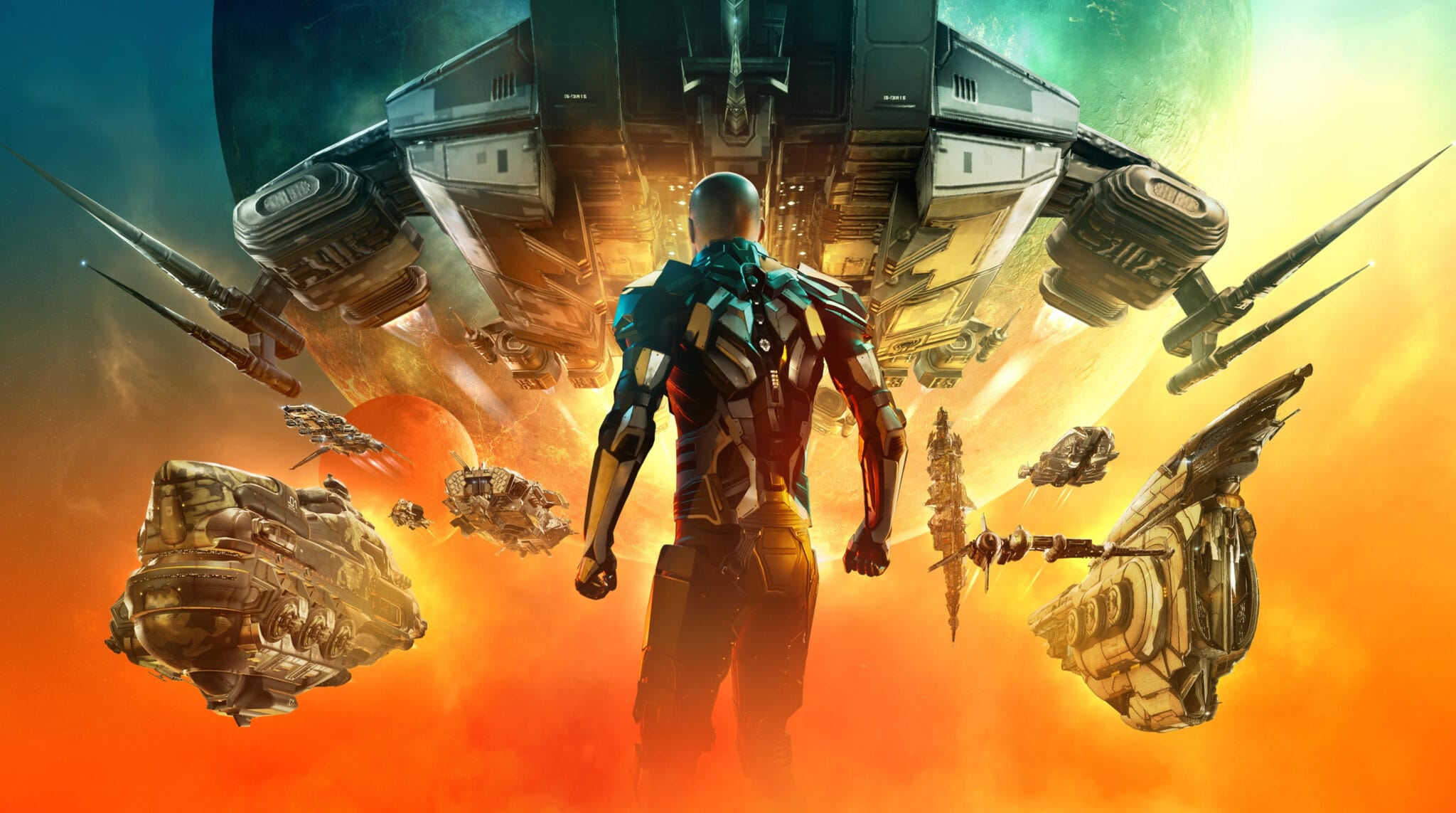If you’ve ever found yourself talking to your gaming console as if it could hear you (and maybe even give you a high-five), you’re not alone. In today’s gaming world, artificial intelligence (AI) is becoming your new best friend—or at least a rather quirky teammate. AI has been creeping into games for a while now, and its influence is growing faster than a character with an infinite sprint power-up.
Let’s break down how AI is making your gaming experience more exciting (and occasionally more frustrating).
1. Smarter NPCs: Not Just Moving Targets
Remember when non-playable characters (NPCs) were about as lively as a brick wall? Those days are long gone. Modern AI has turned NPCs from mere window dressing into characters with genuine personalities. They now react to your actions in ways that might just surprise you—like that time the bartender in your favorite RPG suddenly decided to challenge you to a dance-off.
Thanks to AI, these characters can adapt and respond to your play style. They can dodge your attacks, plan their strategies, and even crack jokes that might make you snort with laughter. It’s like having a virtual sidekick that actually gets your sense of humor.
2. Procedural Generation: Infinite Worlds, Zero Boredom
Ever dreamed of exploring endless, randomly generated worlds without ever getting lost in the repetitive monotony of them? That’s the magic of procedural generation, powered by AI. Instead of designing every inch of the game world by hand, developers use algorithms to create unique landscapes, dungeons, and quests each time you play.
So, if you find yourself wandering into a dragon’s lair on your third playthrough, just know that AI is the mastermind behind that delightful bit of chaos. It’s like having a game that’s always one step ahead of you, plotting your next surprise.
3. Dynamic Difficulty Adjustment: When the Game Gets Real
Ever played a game where you felt like the difficulty was set to “impossible” just to ruin your day? AI can help smooth things out with dynamic difficulty adjustment. This means the game can tweak its challenge based on how well you’re doing. If you’re breezing through levels like a pro, AI might ramp up the challenge. Conversely, if you’re struggling, it might ease up a bit to keep the fun going.
It’s like having a game that’s empathetic to your struggles—minus the awkward conversations.
4. Personalized Experiences: Games That Know You Better Than Your Best Friend
AI is also getting pretty good at personalizing your gaming experience. Ever noticed how your game seems to know exactly what you like and keeps throwing those elements at you? That’s AI analyzing your play style and preferences to offer tailored content, quests, and challenges. It’s like having a gaming buddy who’s constantly paying attention to what you enjoy—without the need for endless “what should we play tonight?” texts.
5. AI-Driven Content Creation: The Creative Side of Gaming
Finally, let’s talk about how AI is helping create new content for games. From generating new levels and challenges to creating realistic animations, AI is making it easier for developers to add fresh and engaging content without having to start from scratch every time. Think of it as a super-efficient artist who never gets tired and always has new ideas—except, you know, it’s a bunch of algorithms.
In summary, AI in gaming isn’t just a fancy tech buzzword; it’s actively enhancing and reshaping the way we play. Whether it’s making NPCs more interactive, creating endless worlds, or adjusting difficulty to keep you on your toes, AI is making games smarter, more dynamic, and a lot more fun. So next time you’re gaming, remember that the quirky behavior of your virtual foes and the ever-changing game world might just be the result of some clever AI at work.
AI’s Gaming Revolution: Realism, Speed, Adventure!
Artificial Intelligence (AI) has the potential to completely revolutionize the video game industry, from how games are developed to how they are experienced and played. AI promises to unlock new frontiers in terms of scale, realism, interactivity, and more that could profoundly change gaming as we know it.
● Fair Play and Competitive Integrity: AI in video games must be carefully designed to avoid creating unbalanced gameplay and unfair advantages, ensuring a level playing field for all players.
● Player Privacy and Data Security: Developers should prioritize transparent data practices, secure storage, and user consent when collecting and analyzing player data to maintain privacy and data security.
● Representation and Inclusivity: AI algorithms used in character creation and storytelling should prioritize inclusivity and diversity to prevent biases and stereotypes in gaming.
● Responsible AI and Video Game Development and Deployment: Ethical AI practices throughout development, testing for biases, ongoing monitoring, and addressing issues promptly ensure gaming innovations consider societal impacts responsibly.
And hey, if your game starts talking back to you, just remember—it’s probably not plotting against you. Or maybe it is. But either way, at least you’ll have some company!


